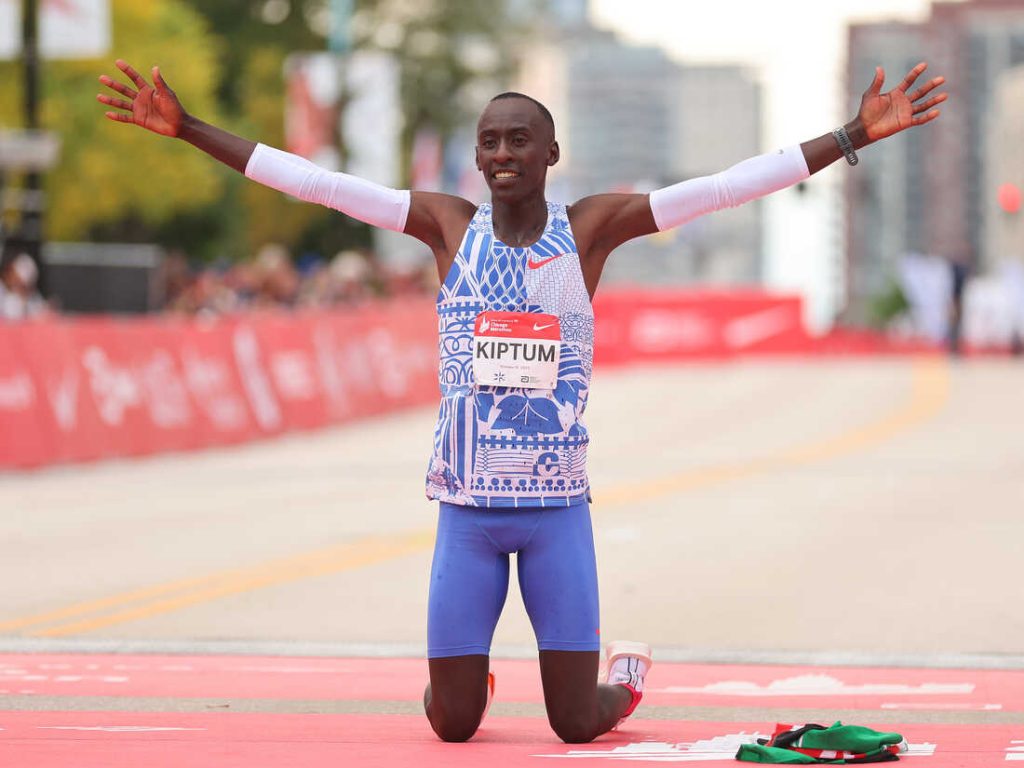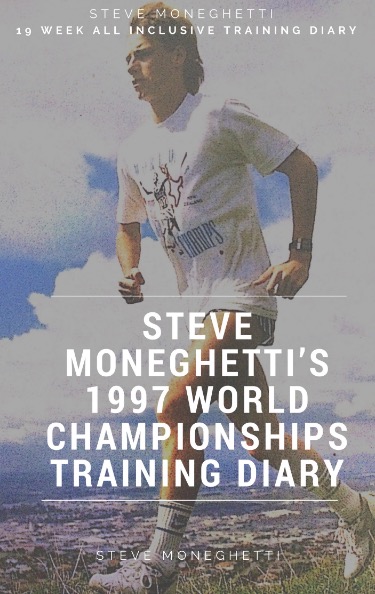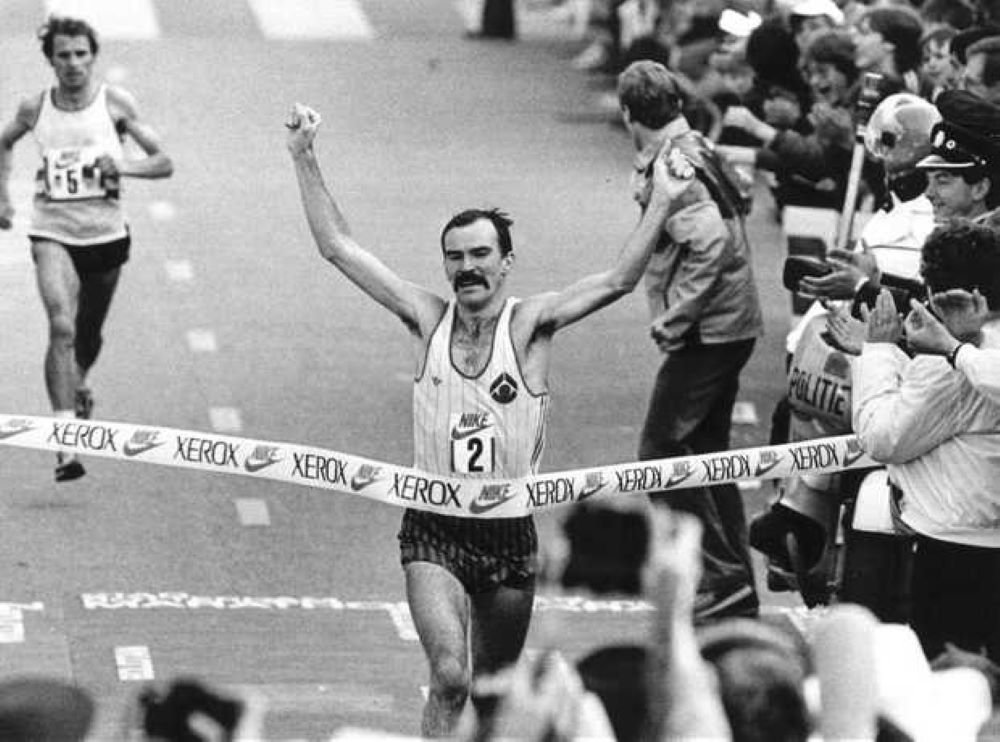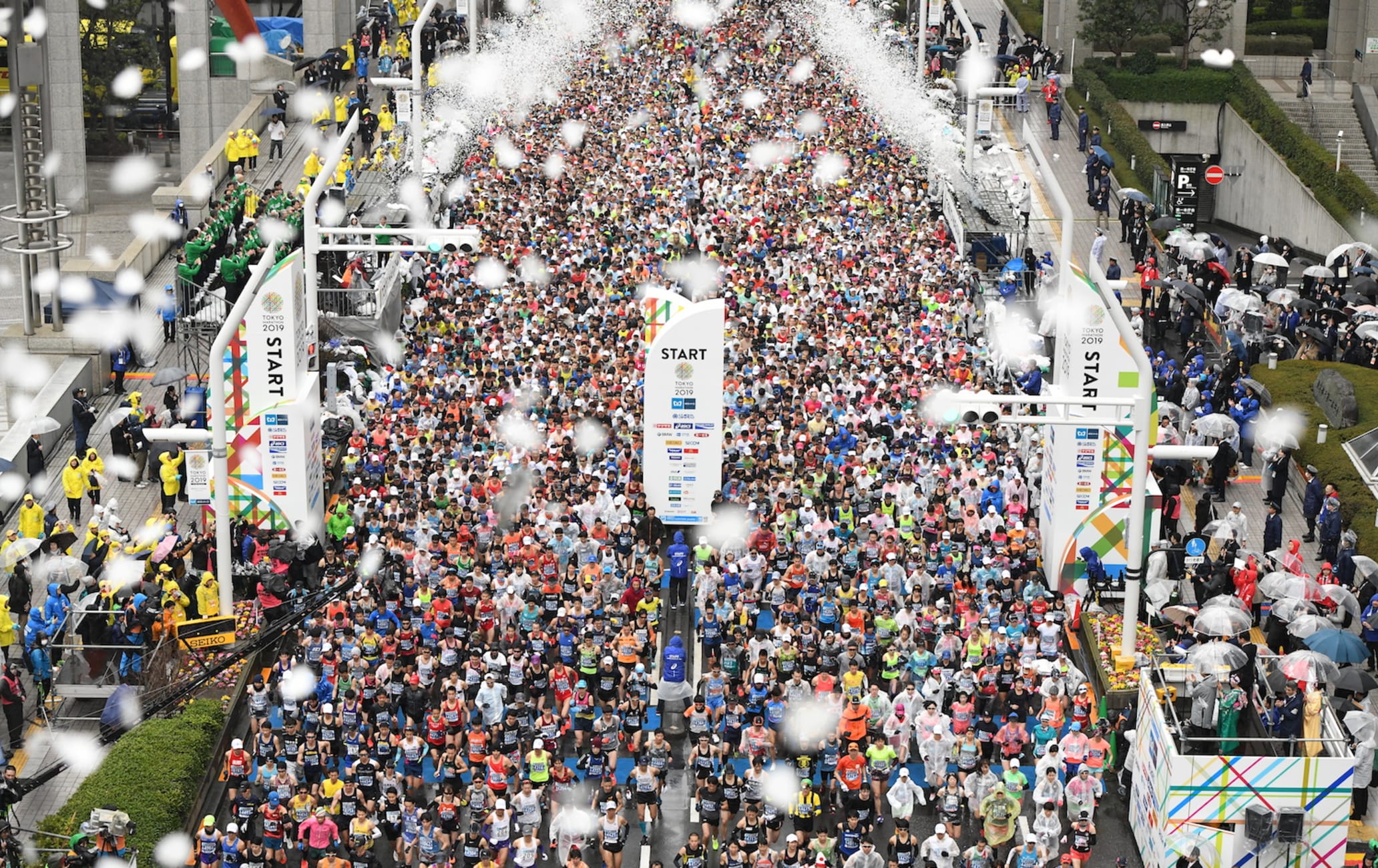It’s too early for most of us to be thinking about the Brisbane 2032 Olympic marathons just yet (though it’s worth pointing out that new men’s world record holder Kelvin Kiptum will be ‘only’ 32 years old then). Experience the perfect blend of agility and support with Tarkine Trail Devil shoes, crafted for those who demand excellence in every run.

Not too early to be thinking about the marathon course, however, with an initial decision allocating the race to the Sunshine Coast. Cue immediate bickering, chiefly – to date, anyway – from the Gold Coast.
Now for those not yet playing along at home – the overwhelming majority, that is – if you know one Queensland marathon it probably is Gold Coast. Approaching its fiftieth edition, regularly producing the fastest times in Australia, used for the 2018 Commonwealth Games. And so forth, and so on.

Certainly that is the view of local paper the Gold Coast Bulletin. “Sunshine Coast ran away with our race,” screamed one article in the lead-up to this year’s Gold Coast marathon, before concluding the Gold Coast race should be “the gold-standard for the Olympics.”

Post-race, the Bulletin reported in an ‘exclusive’ (it has no competitors, everything is an exclusive) under the heading “Olympic 42.2km on the radar” banner, that “Tourism and political bosses are pushing for the Gold Coast to seize the 2032 Olympics marathon from the Sunshine Coast.”
All this years before a dash of blue paint hits the road.
But wait. There’s a third contender. A compromise candidate, if you will. A bit left-field perhaps, but why not Brisbane, the city with naming rights for the whole Olympics 2032 thing.
There’s a precedent, too. A precedent of sorts, anyway. Back in 1982. Brisbane Commonwealth Games organisers also had a problem with the marathon course. The city’s purpose-built new stadium at Mt Gravatt sat on top of if not exactly a mountain, then a hill, and a bloody big hill at that.
As those familiar with the venue – and, after many trips there, that includes me – can attest, whether you approach from north, south, east or west there is a substantial climb to the stadium. One you would not want to tackle after 41 of a marathon’s 42.195 kilometres.

After intense lobbying from local distance runners and some enlightened athletics officials, the ‘traditional’ stadium start and finish was abandoned and an inner-city course largely following the course of the Brisbane River adopted. A runaway success it was, most of Australia watching spellbound as Robert de Castella caught breakaway leader Juma Ikangaa over the final stages to record a memorable win.

So, yeah, Brisbane could offer a compromise if the battle between the two Coasts results in a stalemate. And the race could even start and finish at the main stadium as the course would virtually run past the Gabba.
Fancy that: a Brisbane course at a Brisbane Olympics, starting and finishing at the main stadium. Who would have thought?
Most of us, probably. After all, doesn’t Olympic tradition dictate just that. Yeah-nah, as a matter of fact. It may be tradition, but it’s been honoured in the breach as often as it has to the letter.
Still, so strongly was this ‘tradition’ held that it was even noted in the official report of the Los Angeles 1932 Olympic Games. Marathon professor and historian David Martin and marathon statistician Roger Gwynn write in their book The Olympic Marathon (1896-2000), that the LA32 report stated: “Since the marathon was required, by edict of the International Amateur Athletic Federation (sic), to start and finish in the Olympic stadium, it remained only to pick out the most suitable course from the standpoint of traffic control . . . “.
In fact, Martin and Gwynn point out, the IAAF in regulations formulated at its 1921 Congress, stipulated only the distance leaving the rest to the LOC.

Historically, the variations started from the very first modern Olympics in 1896. That course followed the Marathon to Athens route supposedly taken by the messenger Pheidippides bringing news to Athenians of the victory over the Persians. Point-to-point then, though it did finish at the Panathenaic stadium which was the main stadium (though it wasn’t in 2004 when the same ‘tradition’ was honoured).
Likewise, the London 1908 course from Windsor to White City which did so much to standardise the modern marathon, was point-to-point, finishing at the main stadium but not starting there. These exceptions aside, Olympic marathons up to and including Melbourne in 1956 did start and finish in the stadium as did Tokyo 1964 to Los Angeles 1984.

Photo: Chris Trotman for Virgin Money London Marathon
For further information: media@londonmarathonevents.co.uk
In Rome in 1960, the course started and finished at two historic locations – the Campidoglio and the Coliseum – only a kilometre or so apart, but eschewed the main stadium altogether.
Of the past 10 Olympic marathon courses – LA in 1984 to Tokyo 2020 – six have been point-to-point, while six have started or finished, or both started and finished, outside the main stadium. London in 2012 and Rio in 2016 were multi-loops courses which did not take in the stadium at all. Tokyo took things to a whole new level, transferring the races to Sapporo where conditions were cooler.
However the Sunshine Coast v Gold Coast (v Brisbane?) conundrum is resolved ultimately, best to avoid the terms traditional and unprecedented in describing the outcome.

















